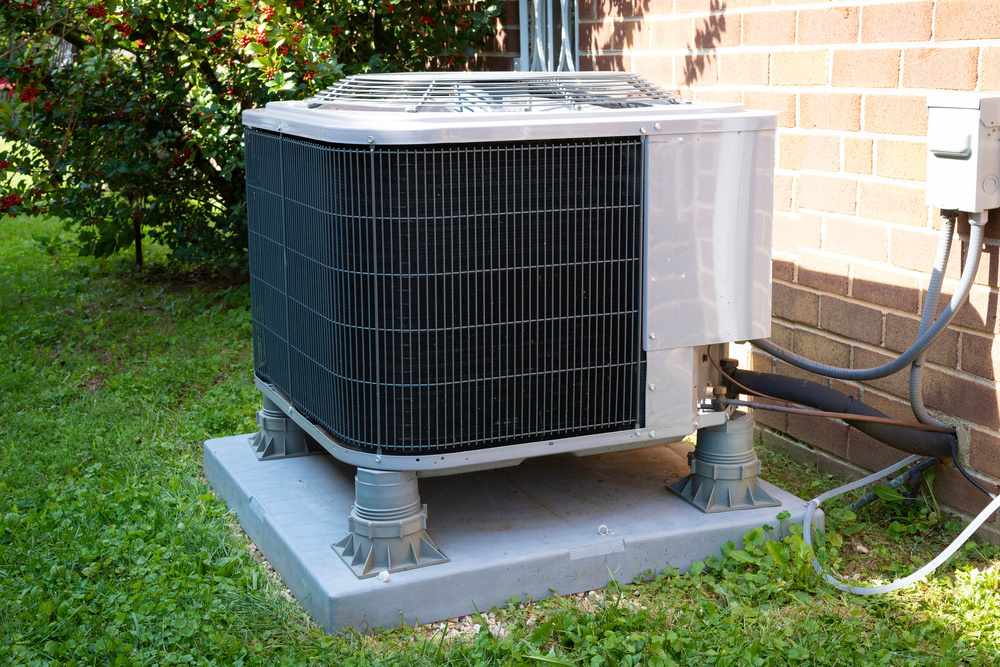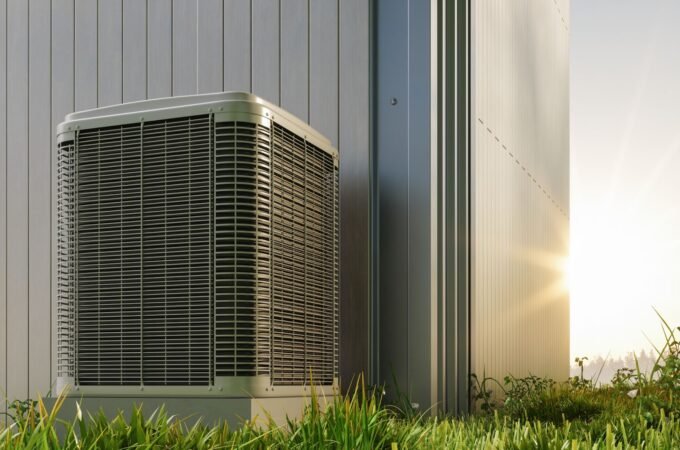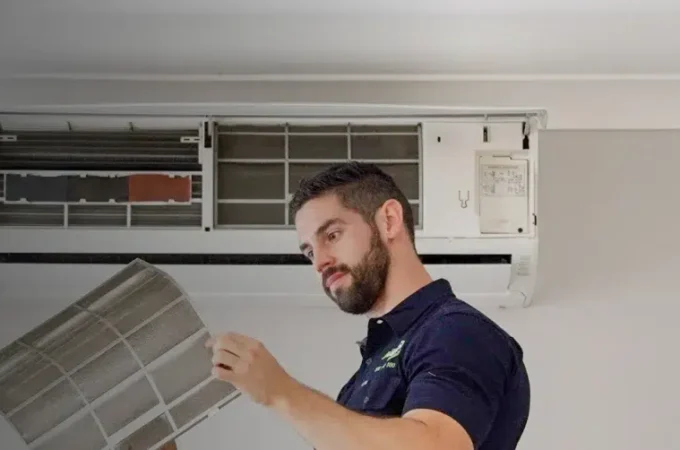
How To Storm-Proof Your HVAC System
Every resident of Fishers, Indiana, knows that storms can bring plenty of damage to homes and properties. And thanks to global warming, storms seem to only worsen every year, causing more destruction to properties.
Since it’s hurricane season once again, you may think about preparing your hurricane kit. While boarding up your windows or ensuring that your roof is in tip-top condition may be on your top to-do list, there’s one component you shouldn’t forget—your HVAC system.
In general, heating and cooling systems often have that bulky outdoor unit, which is known as the condenser. This part of your HVAC system is responsible for releasing the absorbed heat outside.
Since your HVAC unit is located outside, you need to take several steps to protect it against any upcoming storm in the area. Here are some tips to follow.

- Have It Serviced
Even if your HVAC unit isn’t due for its annual maintenance, it pays to know the health of your system before a storm hits. Existing issues such as dirty furnace filters, mold, air circulation problems, rusting, and inefficiency can worsen during bad weather conditions.
Learn the importance of keeping your furnace filter clean in this video:
General HVAC inspection and maintenance is quite easy to do. However, if you don’t have time or don’t know what to look for, you can always leave this job to the experts. The best HVAC professionals can ensure that your HVAC is in good working condition and resolve any potential issues before bad weather conditions can make it worse.
What’s more, calling the experts like Lasting Comfort Solutions (LCS), a reliable Fishers, IN Heating and Cooling company, into your home before a storm hits can also provide pointers, tips, and a helping hand on how to protect your HVAC system properly.
In addition, professional HVAC inspection is even more critical after a powerful storm hits your area. Make sure to ask your trusted HVAC contractor to visit your home again after the storm to check for potential damages to the system.
- Use The Right Cover
One of the best ways to protect your HVAC system before a storm is to cover the unit. That said, given the high winds, heavy rains, and flying debris that comes with storms, placing a cover can actually backfire. It may prevent proper ventilation and trap moisture, causing rust to form along the coils and metal surfaces.
The key here is to use the right cover. You’re not protecting your HVAC system against rain or wind. You want to prevent large, flying debris from hitting the unit and causing significant damage. The same is true if you want to protect it against hailstorms.
Invest in a specially designed cover with breathable material you can use to keep it protected against debris as well as snow during winter while allowing proper ventilation. If you have the time and budget, you can also build and place a plywood or metal cage around the HVAC unit to ensure sturdier protection.
- Invest In A Strap
Strong winds and gales can cause movement around the base of your HVAC unit. Even if the unit doesn’t completely detach from the base, any movement can cause serious damage to the system and its wirings.
So consider investing in a strap or tie-downs to anchor the unit and secure it to the ground. When shopping for straps, choose products with a wind rating that exceeds 74mph so they can withstand the impact of hurricane-class winds. Also, make sure to choose a corrosion-resistant strap for long-lasting use.
- Raise Your Unit
HVAC outdoor units are water-resistant from rain but not standing water or flood. When your HVAC unit is flooded, repairs can be costly, or you may have to replace it altogether. Plus, it may also cause fire hazards and allow infectious bacteria breeding brought in by the floodwater.
Ideally, before installing the HVAC system, you should have placed it somewhere higher. However, if this wasn’t the case, consider calling a trusted HVAC contractor to help you in moving your HVAC outdoor unit. The best option is to build a higher concrete platform to place your unit on top.

- Clear The Surrounding Area
During strong storms, the wind isn’t always the biggest threat—it’s the debris that gets tossed around by the wind. So take the time to clean your garden and yard before the storm arrives. Make sure to remove movable items from small flowerpots to patio furniture that can instantly become dangerous weapons with high winds.
Takeaway
Strong storms are becoming more common, causing damage to homes and properties. While there are several things you need to prepare for the hurricane season, make sure to include your HVAC system on your list. Storm-proofing your HVAC system can help prevent inconvenient and expensive breakdowns, as well as drastically extend your HVAC unit’s lifespan.




